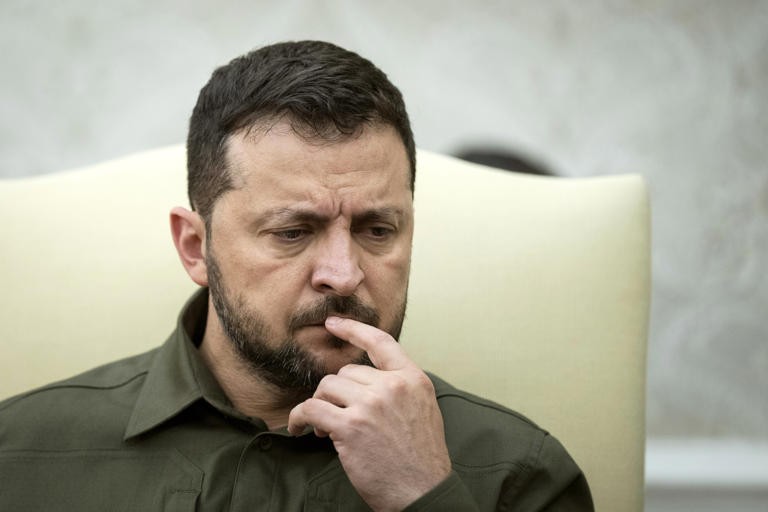
European leaders are preparing to unveil an unprecedented multibillion-euro defense package aimed at strengthening regional security and supporting Ukraine, German Foreign Minister Annalena Baerbock announced at the Munich Security Conference.
The package, potentially worth around 700 billion euros ($732 billion), represents Europe's largest collective security initiative to date. The comprehensive plan focuses on military training, accelerated aid delivery, arms supplies, and enhanced security guarantees for Ukraine.
NATO Secretary-General Mark Rutte outlined the package's key priorities, emphasizing the urgency of bolstering European defenses against potential Russian aggression beyond Ukraine's borders.
The timing of this massive security initiative coincides with growing concerns over America's future role in European defense. Former U.S. President Donald Trump has called for European NATO members to increase their defense spending to 5% of GDP, pushing allies to take greater responsibility for their security.
"Our European allies recognize that it is time for them to step up to the plate in their own backyard," said U.S. Representative Michael McCaul, reflecting the shifting dynamics in transatlantic defense relations.
British Prime Minister Sir Keir Starmer characterized the current situation as "a once-in-a-generation moment for the collective security of our continent," highlighting the broader implications beyond Ukraine's immediate security needs.
The detailed spending plans are scheduled for release after the German election on February 23. This development comes as Russian and U.S. officials meet in Saudi Arabia for talks about the Ukraine war, notably without Ukrainian representation, raising concerns in Kyiv about being excluded from discussions that will shape its future.
The package draws parallels with previous large-scale European initiatives, with Baerbock comparing its scope to responses during the eurozone and COVID-19 crises. This unprecedented security measure marks a watershed moment in European defense cooperation and signals a major shift in the continent's approach to collective security.